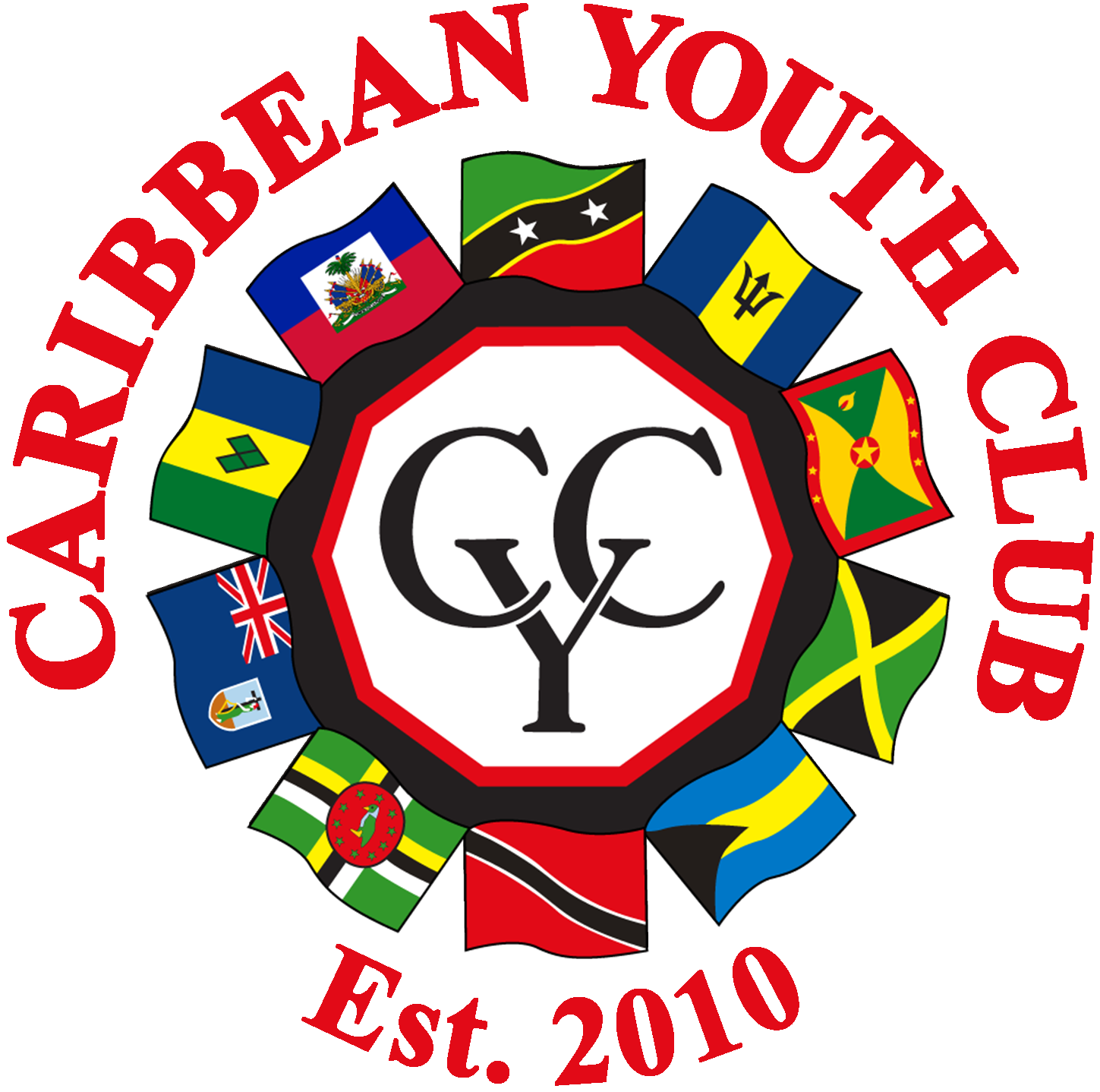About Us
Our Mission
Founded in October 2010, The Caribbean Youth Club (CYC) serves Afro-Caribbean immigrant and refugee youth who are relatively new arrivals (1-3 years) and are enrolled in Boston Public Schools. Our mission is “To help newly arrived Caribbean youth make successful transitions into American life and succeed through higher education”. Our organization utilizes the richness and diversity of the Caribbean culture, as a platform for comprehensive support. We fulfill our mission by offering:
Safe spaces for gathering and learning
Academic support and higher education assistance
Structured in-school and community based support
Mentoring/Supportive relationships with culturally connected adults
A sense of belonging and positive peer support groups
Growth challenges to help utilize their natural talents
Leadership opportunities and Summer employment
Arts programming to celebrate culture/ethnic strengths
Community services and field trips to expand their social horizons
Our Impact
Our year-round comprehensive services have this powerful impact.
99% attendance rate in our program
95% complete our program - Strong retention rate
90% of all participants pass all of their classes and meet academic benchmarks
3% or less involved in juvenile crime or delinquency
80% are college bound (attend fairs and express interest in attending college)
20% are interested in post high school vocational programs
90% involvement in extra-curricular activities and clubs (after school activities)
Our Services
CYC delivers year round support to youth through 4 core services.
Transition Support Group - A weekly life skills group offered that gives them a safe place to meet and share their stories as new immigrants, help them build tangible life skills, make positive peer connections and develop the tools they need to navigate their new home environment successfully.
Academic Support - Educational support 3 days per week, that extends the learning hours and prevent summer educational loss. We work with tutors who understand the dynamics of educating immigrant youth who are transitioning into a new education system. We employ techniques that help youth build math and language arts skills through group discussions, word-of-the-day exercises, math games; which help them pass classes and meet benchmarks.
Summer Engagement - A six-week summer component that offers evening recreational actives, life skills workshops, volunteer opportunities, and work experience. It provides a safe place and engagement from 9am - 9pm. It also offers leadership opportunities and skill building through summer jobs that are suited to youths' skill and age levels.
College/Higher Education Assistance - Customized one-on-one support for first time college students who are graduates of our program. We provide college application assistance, financial/resource development support (with federal financial aid), scholarship applications, identify employment opportunities, offer moral support and academic assistance.
Our Youth Transformation Strategy
We utilize CULTURE as a platform for programming that validate youths’ ethnic strengths, build tangible life skills, and develop their potential as they acclimate to American life.
Care – Counseling, group and individual mentoring by caring adults
United Peers – Culturally matched peers that serve as a support network
Life Skills – Meaningful social development training to build tangible life skills
Tough Love – Firm standards and high expectations for behavior and academics
Unlimited Opportunities–For education, employment and social development
Recreation – Recreational activities to expose youth to American life
Ethnic Strengths – Cultural assets that serve as a foundation for youth development
Our Outcomes
Our services generate the following outcomes for Caribbean immigrant youth:
Youth successfully navigate the American education and social service systems when they arrive.
Youth develop tangible life skills and pursue their “American Dream”(college & stable jobs).
Youth build social, emotional, and cognitive assets to meet their personal goals.
Youth develop supportive relationships with other caring adults in their new communities.
Youth become positively engaged in their new schools and communities.
Youth connect with a positive peer support network where others value education at a high level.
Youth improve coping skills and manage their transitional changes more effectively.
Youth avoid delinquency and involvement in the juvenile justice system.
Youth improve academic performance and meet benchmarks.
Youth enroll in college or post high school vocational programs.





